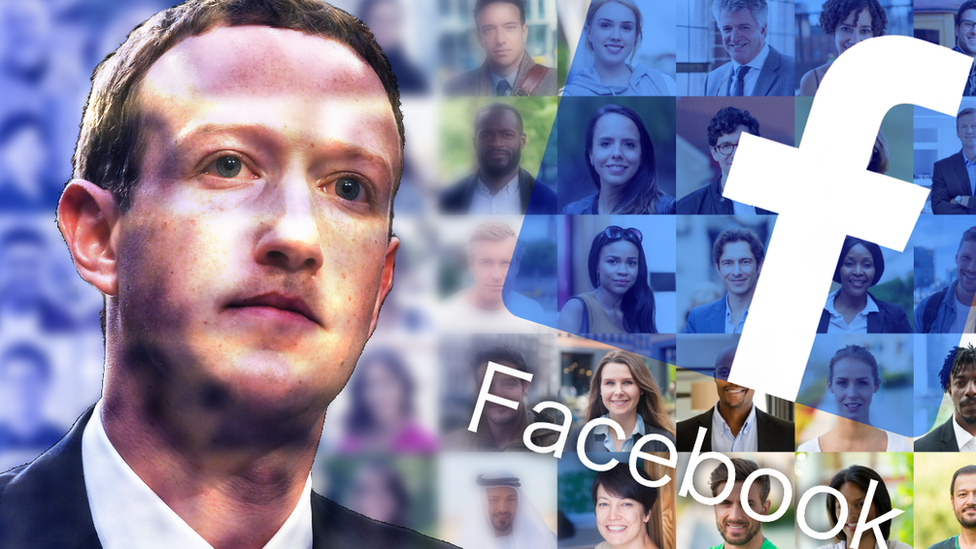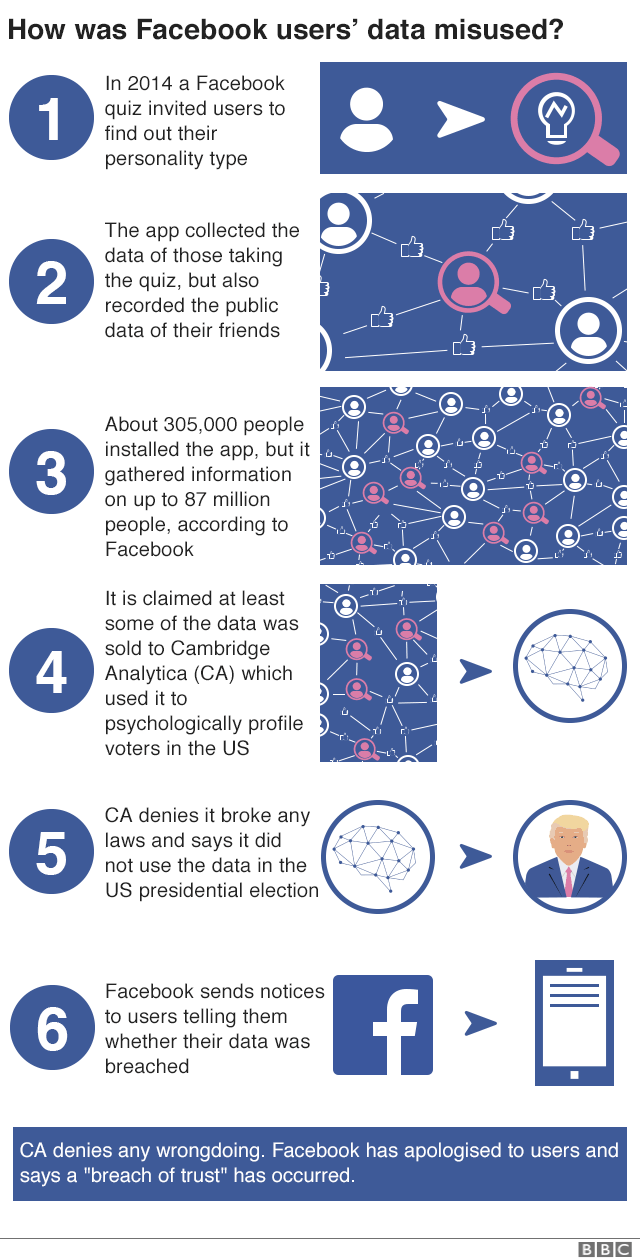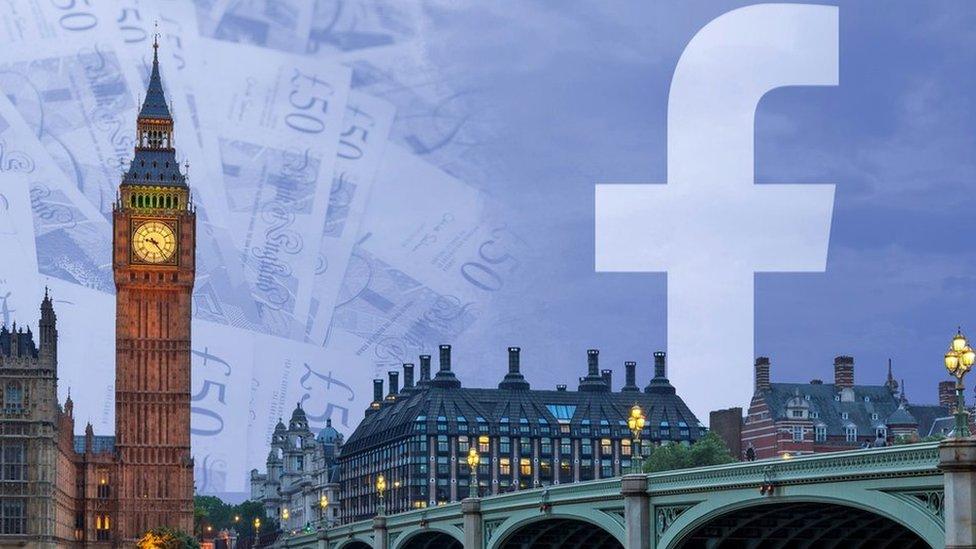Facebook security app used to 'spy' on competitors
- Published

Facebook has been criticised for its the way it handles user data
A report by a Commons committee has detailed Facebook's use of an application to "spy" on users.
The cross-party group said that Facebook used its Onavo virtual private network (VPN) app to gather information on competitors.
The MPs claim Facebook "intentionally and knowingly violated both data privacy and anti-competition laws".
The report, which is more than 100 pages long, also details the influence of fake news on the site in elections.
Monitoring competitors
The Digital, Culture, Media and Sport Committee wrote that through the use of Onavo, which was billed as a way to give users an extra layer of security, Facebook could "collect app usage data from its customers to assess not only how many people had downloaded apps, but how often they used them".
The report added: "This knowledge helped them to decide which companies were performing well and therefore gave them invaluable data on possible competitors. They could then acquire those companies, or shut down those they judged to be a threat."
A graph the committee includes in the report shows an analysis of data collected with Onavo, detailing how commonly apps were used by Facebook owned and rival services.

In 2013, Facebook offered to buy rival Snapchat for $3bn (£2.32bn). It acquired Instagram a year earlier for $1bn.
In 2014, the company successfully acquired WhatsApp for $19bn in cash and shares.
Limiting Vine
The report also details the way the company could shut off access to its services to competitors.
For example, in 2013 Facebook founder and chief executive Mark Zuckerberg was informed about the launch of the Vine video service by social media rival Twitter.
He was told via email that Twitter was going to allow Vine users to find friends on Facebook.
"Unless anyone raises objections, we will shut down their friends' API access today." the email read - a move that would prevent Vine users from inviting their Facebook friends to the service.
Zuckerberg agreed to the move, replying "Yup, go for it."
Twitter eventually chose to close Vine in 2016.
Whitelisting
According to the report, as of November 2013, more than 5,000 apps on Facebook were "whitelisted", meaning that they could gain special access to user data and the data of those user's Facebook friends.
Whitelisted companies included ride-hailing app Lyft, Airbnb and Netflix.
An internal email discussed linking a yearly spend of $250,000 on advertising to maintain company access to user Facebook data.
An email from Mr Zuckerberg, sent in October 2012, outlined his scepticism about the risk of data leaks happening between Facebook application developers.
"I think we leak info to developers, but I just can't think of any instances where that data has leaked from developer to developer and caused a real issue for us," he wrote.
Last year, Facebook was fined £500,000 by the UK's data protection watchdog for its role in the Cambridge Analytica scandal.
The Information Commissioner's Office said that the social media giant had given developers access to user data "without clear consent".
User data which was collected through a personality quiz was used by Cambridge Analytica to profile potential voters.

- Published18 February 2019
- Published5 February 2019
- Published18 February 2019
